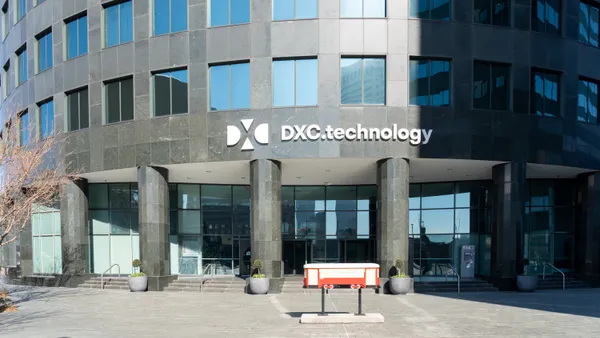Editor’s note: The following is a guest post from Phil Fersht, CEO of HFS Research.
While many seasoned professionals regularly ponder the impacts of AI on their job prospects, there’s another dynamic emerging: many businesses are slashing new graduate hiring, citing AI adoption as a driver.
In the U.S., recent college graduates are seeing unemployment rates of nearly 6%, well above the national average. This points to a shortsightedness in strategy and leadership which not only leaves junior talent with sparse opportunity, but also prevents businesses from building a talent pipeline that is prepared for the future.
Executives and managers focused on long-term success and developing a future-ready workforce need to stop in their tracks and fix a very broken mindset, before too much damage is done.
We are just at the start of a significant escalation in graduate unemployment, where AI advancements, combined with corporate greed, are right at the core. Firms who sacrifice developing young talent for AI are already losing their identities and becoming faceless corporations united under a logo.
When hiring young people is no longer viewed as an investment, humanity seeps out of the workplace. Why train a junior analyst when you can just prompt ChatGPT or license Gemini or Claude? Leaders at these firms need to resist this trend rather than accelerate the shift.
Talent shifts underway
The issue with early career hiring is symptomatic of a broader problem facing workplaces today. Leaders struggle with how AI and human workflows intersect, overlap and complement each other. This means a real design problem is at hand for the future workforce. Reskilling will be required to ensure humans have the tools and know-how at their fingertips to tap into AI's potential.
If we want reskilling to be meaningful, we need to rethink the role of human work in an AI-native system. What does it mean to be useful, accountable, or expert when AI handles most of the synthesis? CXOs and talent leaders need to stop asking which skills to teach and start asking what roles still require human thinking.
Adjusting the approach to talent development requires connecting employee experience with customer experience and business outcomes. Here are some practical ways to approach the mindset shift that’s required:
1. Focus on re-inventing roles, not training modules:
Reskilling should not just be about teaching new tools but about reinventing roles in an AI-native enterprise. The path forward calls for hybrid roles where humans are augmented by AI assistants.
2. Rethink career pathing:
Create career pathways where employees can move into new roles that emerge from AI adoption. Role clusters, bridge roles, internal talent marketplaces and cross-functional projects are all ways to foster more fluid career pathways.
3. Think about experience holistically:
Employee AI interfaces should be as intuitive as customer-facing tools, and employee trust in AI directly impacts how they serve customers.
4. Create an EX element that is trackable and measurable:
Customer experience often takes center stage in discussions about tracking and moving the needle on experience, but there’s a distinct tie between employee and customer experience. Design EX initiatives with measurable links to business outcomes, not just engagement scores.
5. Develop a culture of experimentation:
As AI evolves, so must workplace design, and people should be encouraged and rewarded for experimentation in a safe-to-fail environment. At the same time, establish clear ownership models for AI-informed decisions and governance structures to define where accountability lies.
Companies are built on talent. Strip that away, and firms risk missing out on innovation. Now’s the time to become a magnet for talent and really think through how to cultivate and train the boldest and brightest from the younger generation.
Employers have a duty to develop their talent, particularly the fresh talent that will be at the core of the future workplace. Leading career development with purpose, not hiding behind software licenses, will shape the future of all enterprises.














